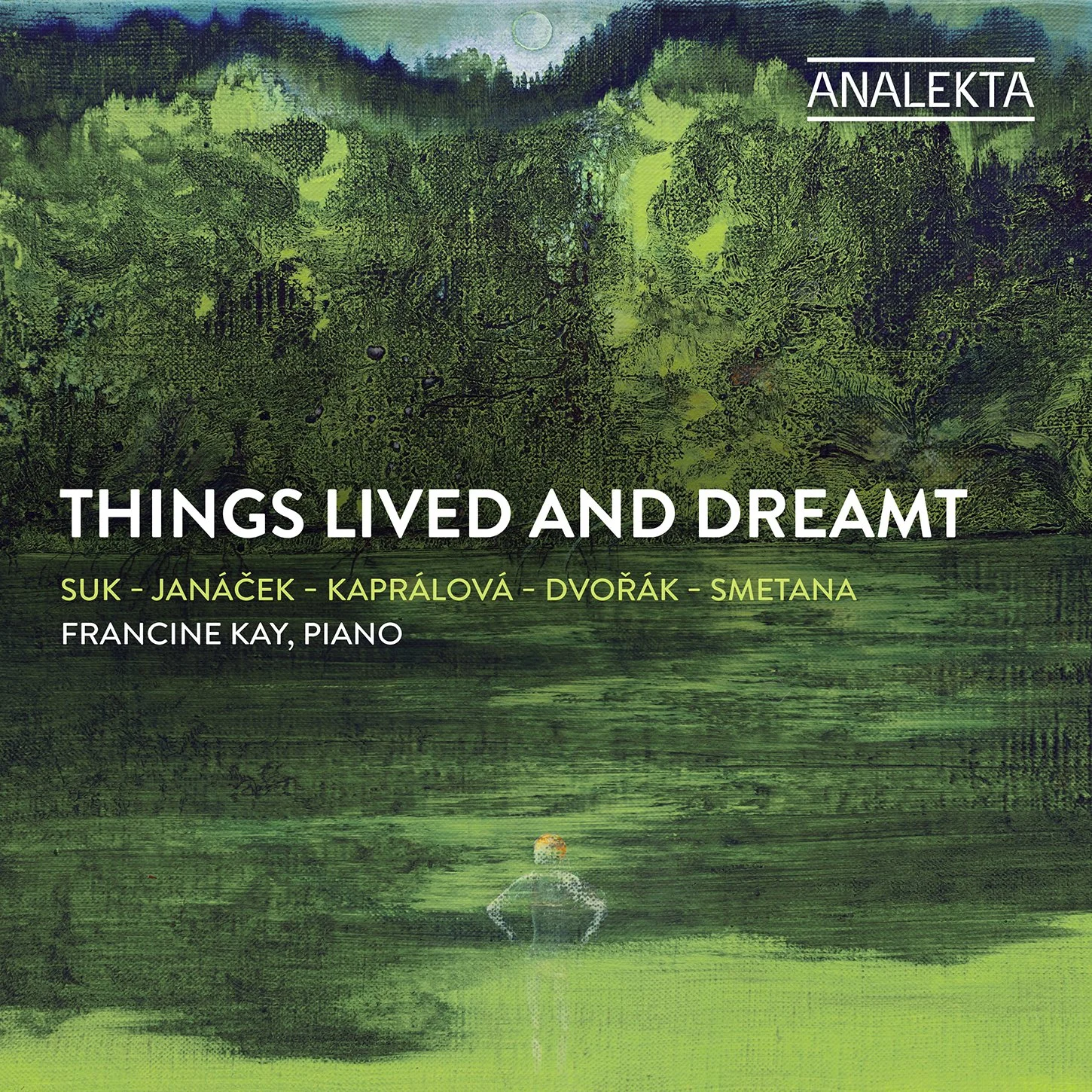Celebrating the 100th anniversary of women's suffrage, the 2020 CEC Festival presents theatrical works by three women composers: Dalit Warshaw, Marisa Michelson, and Victoria Bond
Celebrating the 100th anniversary of women's suffrage, Cutting Edge Concerts presents Mrs. President in concert on April 27
April 13, 20, & 27, 2020 at Symphony Space's Leonard Nimoy Thalia Theater in New York City
The year 2020 marks the 100th anniversary of women's suffrage. What better way to celebrate women’s right to vote than with an opera about the first woman presidential candidate? The real-life Victoria Woodhull – a courageous as well as an outrageous suffragist – ran for president in 1872, and is the inspiration for Victoria Bond’s opera Mrs. President.
On Monday, April 27, 2020 at 7:30 pm at Symphony Space, Victoria Bond's Cutting Edge Concerts presents a concert performance of her opera, Mrs. President. In Mrs. President, composer Victoria Bond and librettist Hilary Bell have crafted a seething drama of ambition and betrayal, which tells the story of Woodhull's visionary struggle to defy history and become the first female President of the United States in 1872, before women had been granted the right to vote. She was branded “Mrs. Satan” by the press because she posed a threat to society, and jailed on election night. In the final scene, Woodhull, in her prison cell, silenced but not defeated, looks ahead to a future generation of women who will realize her vision of equality.
Tickets are $25 in advance ($35 day of show) and are available at symphonyspace.org.
Also on the 2020 Cutting Edge Concerts New Music Festival:
On April 13: New Music Theater, CEC in partnership with Quog Music Theater’s first Eric Salzman Award for New Music Theater presents Song of Song of Songs by Marisa Michelson. Also on the program is Dalit Warshaw's The Letters of Mademoiselle C. Details below and at Symphony Space.
On April 20: 21st Century Trombone, trombonists John Romeo and Steve Norrell (MET Opera Orchestra), Colin Williams and George Curran (NY Philharmonic), and JoDee Davis (Univ. of Missouri-Kansas City Conservatory) perform 21st Century works for trombone. Details below and at Symphony Space.
Inspired by Pierre Boulez's series, "Perspective Encounters", the composer and conductor Victoria Bond founded Cutting Edge Concerts in 1998. With more than two decades of concerts, Cutting Edge Concerts has presented over 300 new works by nearly 200 composers. Each program highlights the music of living composers, all of whom attend the concert. Along with performances by world-class ensembles and soloists, each program features on-stage discussions between host Victoria Bond and the composers. CEC has been called "a full-throttle commitment to contemporary music" by Chamber Music America.
Calendar Listing
Mrs. President, the opera
Victoria Bond, composer
Hillary Bell, librettist
Monday, April 27, 2020
7:30 pm
Leonard Nimoy Thalia Theatre at
Peter Norton Symphony Space
2537 Broadway at 95th Street
New York City
Tel: (212) 864-5400
Tickets are $25 in advance ($35 day of show) and are available at symphonyspace.org
Cast
Valerie Bernhardt, soprano (Victoria Woodhull)
Scott Ramsay, tenor (Henry Ward Beecher)
Michael Kelly, baritone (Col. James Blood)
Katie Hannigan, mezzo-soprano (Roxie)
Keely Futterer, soprano (Isabella Beecher)
David Charles Tay, tenor (Joseph Treat)
Addie Rose Forstman, soprano (Elizabeth Tilton)
Marc Peloquin, piano
Victoria Bond, conductor
April 13, 7:30 pm | Cutting Edge Concerts: Two Women by Two Women
Cutting Edge Concerts, in partnership with Quog Music Theater’s first Eric Salzman Award for New Music Theater Composition, presents Song of Song of Songs, with words and music by Marisa Michelson. Performed by Marisa Michelson with Constellation Choir and scored for twelve singers, bansuri flute, melodica, cello and percussion, the work defies category, encompassing live music video, oratorio, opera and ritual. Also on the program is The Letters of Mademoiselle C. by Dalit Warshaw.
April 20, 7:30 pm | Cutting Edge Concerts: The Art of the 21st Century Trombone
The Art of the 21st Century Trombone features trombonists and bass trombonists from the Metropolitan Opera (John Romeo and Steve Norrell), New York Philharmonic (Colin Williams and George Curran), and Univ. of Missouri-Kansas City Conservatory (JoDee Davis) performing new compositions for solo trombone. Works by Harrison J. Collins, John Stevens, Anthony Barfield, Kenneth Fuchs, and Victoria Bond.
April 27, 7:30 pm | Cutting Edge Concerts: Mrs. President, the opera
In honor of the 100th anniversary of Women’s Suffrage, Cutting Edge Concerts presents a concert performance of the opera, Mrs. President, about the first woman to run for President, by composer Victoria Bond, and librettist Hilary Bell. The cast includes: Valerie Bernhardt (Victoria Woodhull); Scott Ramsay (Henry Ward Beecher); Michael Kelly (Col. James Blood); Katie Hannigan (Roxie); Keely Futterer (Isabella Beecher); David Charles Tay (Joseph Treat); Addie Rose Forstman (Elizabeth Tilton). With pianist Marc Peloquin and conducted by Victoria Bond.







